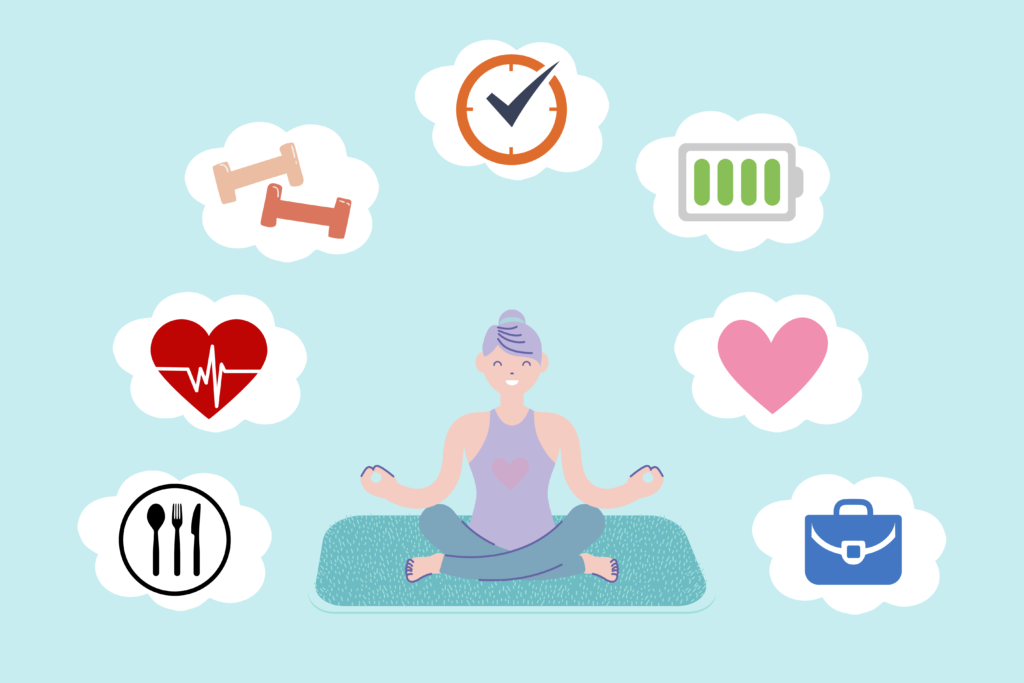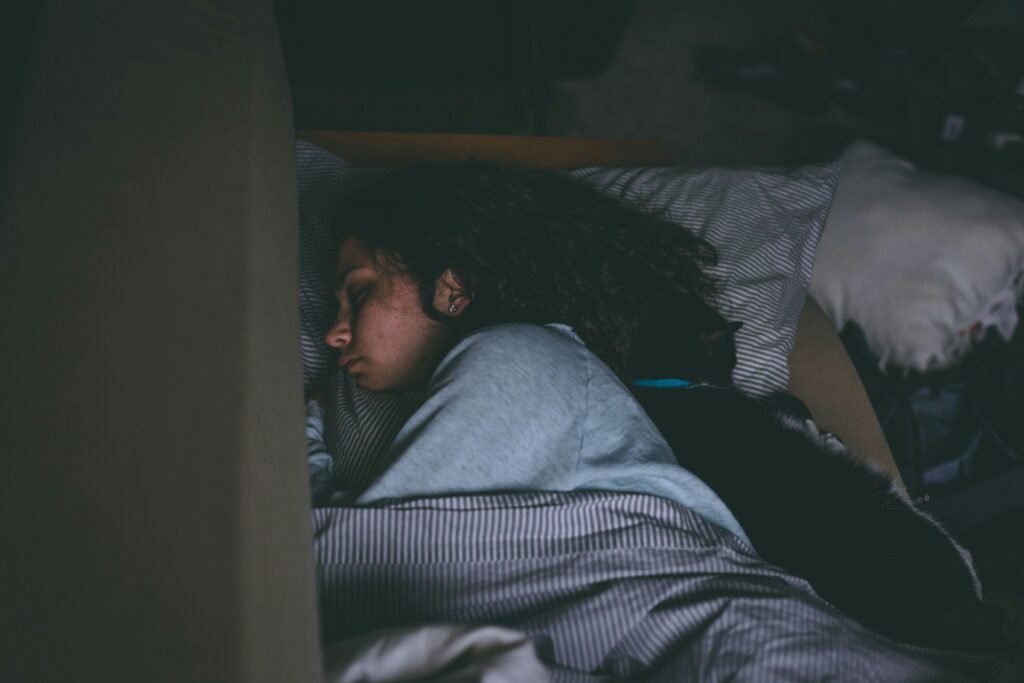
In today’s fast-paced world, mental health awareness has become more crucial than ever. Our minds and bodies are deeply connected — emotional stress, lack of sleep, and inactivity all influence our mental well-being. At The Health Clubs, we believe in a holistic approach that integrates physical activity, quality sleep, and behavioral health equity to build a balanced, fulfilling life.
This article explores how daily movement, good sleep, and fair access to health resources improve mental wellness for everyone.

What Is Behavioral Health Equity?
Behavioral health equity means ensuring that all individuals — regardless of their background, gender, race, or income — have equal access to mental and physical health care. It’s about creating systems where mental health services are not a privilege but a right.
Achieving behavioral health equity involves:
- Expanding affordable mental health care options.
- Increasing community programs for emotional wellness.
- Promoting awareness about mental health challenges and support.
When we focus on equity, we empower communities to heal and thrive together.
The Role of Physical Activity in Mental Health
Physical activity isn’t just about fitness — it’s one of the strongest natural remedies for stress and depression. Regular exercise increases endorphins, improves focus, and boosts self-esteem.
How Exercise Supports Mental Health:
- Reduces Stress: Movement helps lower cortisol levels, easing anxiety.
- Improves Mood: Exercise releases “feel-good” chemicals like serotonin and dopamine.
- Enhances Sleep: Active bodies tend to fall asleep faster and rest deeper.
- Builds Confidence: Achieving fitness goals fosters a sense of accomplishment.
You don’t need to run a marathon — even a 30-minute walk, yoga, or dancing can make a big difference.
Stress and Mental Health: Understanding the Connection
Stress is a natural part of life, but chronic stress can lead to burnout, irritability, and even physical illness. Stress and mental health are closely linked — when we neglect emotional well-being, our body reacts through fatigue, poor sleep, and unhealthy habits.
Tips to Manage Stress Effectively:
- Practice Mindfulness: Meditation and deep breathing help calm the nervous system.
- Stay Active: Physical movement is a proven stress reliever.
- Stay Connected: Talking to loved ones provides emotional support.
- Limit Screen Time: Constant digital exposure can increase anxiety and disrupt sleep.
By developing daily stress management habits, you create a stronger foundation for overall mental wellness.

The Importance of a Good Night’s Sleep
One of the simplest ways to improve mental health is to prioritize a good night’s sleep. Quality rest supports brain function, emotional regulation, and resilience against stress. Yet millions struggle with insomnia or restless nights, not realizing how vital sleep is to emotional balance.
Why Sleep Matters for Mental Health:
- Enhances memory and focus.
- Regulates mood and reduces irritability.
- Strengthens immune and hormonal function.
- Boosts emotional resilience and motivation.
If you often ask yourself, “How to sleep good at night?” — the answer lies in creating a consistent bedtime routine and optimizing your environment.
How to Sleep Good at Night: Proven Strategies
Getting deep, restorative sleep requires more than just closing your eyes. Here are effective ways to improve your sleep quality naturally:
- Follow a Regular Sleep Schedule: Go to bed and wake up at the same time daily.
- Create a Relaxing Environment: Keep your room dark, cool, and quiet.
- Avoid Caffeine & Heavy Meals at Night: These disrupt natural sleep cycles.
- Unplug from Screens: Blue light suppresses melatonin, making it harder to fall asleep.
- Try Relaxation Techniques: Meditation, gentle yoga, or reading before bed helps calm the mind.
For those who still struggle, sleep supplements can be a short-term aid — but they should complement healthy sleep habits, not replace them.
Sleep Supplements: Do They Work?
Sleep supplements like melatonin, magnesium, or herbal blends (e.g., valerian root or chamomile) may help reset sleep patterns. However, consult a healthcare professional before using them regularly.
Best Practices for Using Sleep Supplements:
- Choose natural, non-addictive formulations.
- Take them 30–60 minutes before bedtime.
- Avoid combining with alcohol or prescription sedatives.
- Focus on long-term lifestyle changes alongside supplements.
When used wisely, supplements can support your journey to a more consistent sleep routine — a cornerstone of good mental health.
Building a Healthier, More Equitable Future
The intersection of mental health, physical activity, and behavioral health equity is where lasting change begins. When communities promote awareness, encourage daily movement, and ensure access to sleep and stress management education, we create a society that prioritizes wellness for all.
At The Health Clubs, we advocate for a world where every individual can thrive — mentally, physically, and emotionally — regardless of their circumstances.
Frequently Asked Questions
. How does physical activity improve mental health?
Exercise increases endorphins and serotonin, helping reduce stress and improve mood naturally.
How can I improve my sleep without medication?
Stick to a consistent schedule, avoid screens before bed, and create a peaceful environment to sleep well naturally.
Are sleep supplements safe to use daily?
Most are safe when used occasionally, but long-term use should be discussed with a healthcare provider.
